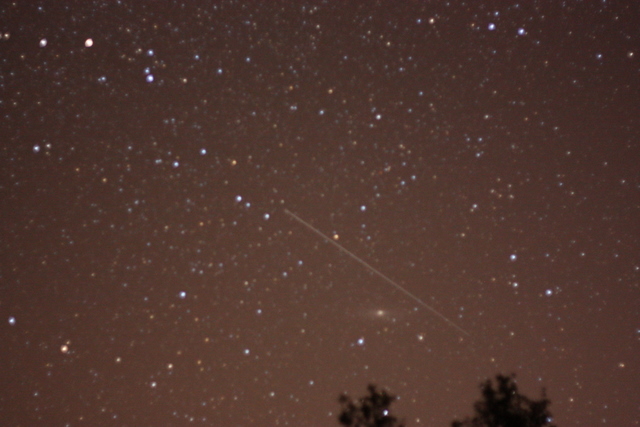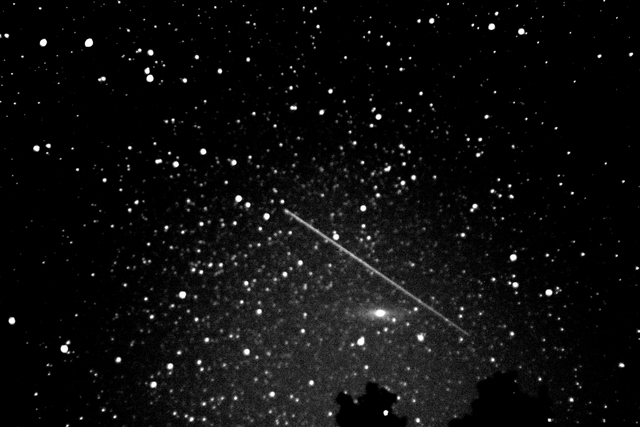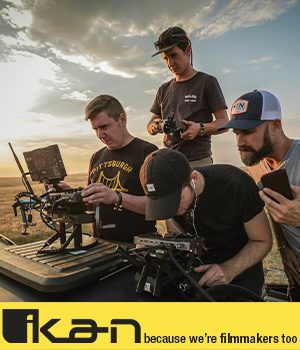- Forum
- General Discussion | Introductions | Off Topic Forum
- Photography General Discussion
- Shooting stars at higher ISO and quicker shutter speeds vs lower ISO and longer shutter speeds?
Shooting stars at higher ISO and quicker shutter speeds vs lower ISO and longer shutter speeds?
-
 Topic Author
Topic Author
- Photo Mojo
- Snapobsessed
-
- D300s and D7000
- Followers: 23
- Posts: 269
-
Points:
366
Post #158048
I'm learning as I go here, so your thoughts would be appreciated.
Kevin
-
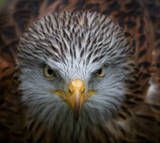
- TheNissanMan
- Moderator
-
- Canon 7D
- Followers: 34
- Posts: 826
-
Points:
135
Post #158051
- A tripod is essential with ermote release
- As low an ISO as possible
- As long an exposure as possible
- Stay away from the city/towns to reduce ambient light
It's something I must try when we get a clear sky next...
-
 Topic Author
Topic Author
- Photo Mojo
- Snapobsessed
-
- D300s and D7000
- Followers: 23
- Posts: 269
-
Points:
366
Post #158067
I'm wondering if I'm going to have to get to city limits in order to get a good shot. Will a telescope get around the light in the atmosphere?
Post #158069
“Amateurs worry about equipment, professionals worry about money, masters worry about light, I just make pictures… ” ~ Vernon Trent
Post #158071
Photo Mojo wrote: Thanks Nissanman. I can't avoid the city lights and have tried longer exposures and got a bone whitish film in the photos.
I'm wondering if I'm going to have to get to city limits in order to get a good shot. Will a telescope get around the light in the atmosphere?
The city light is reflected light from the city off of the atmosphere and clouds. Clear skies are your best bet anyway.
“Amateurs worry about equipment, professionals worry about money, masters worry about light, I just make pictures… ” ~ Vernon Trent
-
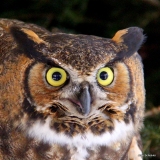
- Baydream
- Moderator
-
- Canoni/60D/70D/5DmkIII
- Followers: 388
- Posts: 11185
-
Points:
7280
Post #158087
October 21, 22 - Orionids Meteor Shower. The Orionids is an average shower producing about 20 meteors per hour at their peak. This shower usually peaks on the 21st, but it is highly irregular. A good show could be experienced on any morning from October 20 - 24, and some meteors may be seen any time from October 17 - 25. The nearly last quarter moon may hide some of the faintest meteors this year. Best viewing will be to the east after midnight. Be sure to find a dark location far from city lights.
This from www.seasky.org/astronomy/astronomy-calendar-2011.html
and with moon rise not until 1:20 and 2:20 on these days, that should help.
These shots were from Aug 2010 (Aug 2011 had a full moon that lit up the sky.)
The first is the orig and picked up some ambient light (from a very dark area). By converting to B&W and increasing contrast, the edited photo looked better.
Canon XSI, 50mm 1.8 at f/1,8, ISO 1600 and 20 sec exposure.
Hoping the one in November finds good weather this year.
Shoot, learn and share. It will make you a better photographer.
fineartamerica.com/profiles/john-g-schickler.html?tab=artwork
Post #158097
“Amateurs worry about equipment, professionals worry about money, masters worry about light, I just make pictures… ” ~ Vernon Trent
-
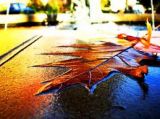
- Foggy
- Snapobsessed
-
- Nikon Z7 and Z6
- Followers: 98
- Posts: 431
-
Points:
2130
Post #158264
Photo Mojo wrote: I'm wondering if I'm going to have to get to city limits in order to get a good shot. Will a telescope get around the light in the atmosphere?
No a telescope actually suffers more from light pollution, your average telescope has a Focal Length from 600mm to 2000mms which magnifies the light and also any turbulence in the air. You can tell how stable the air is by looking at the stars, if they are twinkling the air mass unstable or mixed with warm and cold air converging, if they are steady then the air is stable and better for seeing.
Now on your initial question. The difference is ISOs will not matter except the higher ISO will actually capture the pollution faster, either way to get trails you need long exposure times. So the lower ISOs are what you want for longer exposure times and longer trails. What your maximum time for having the shutter open can be determined by the maximum length of video your camera can shoot, if you expose longer than that then you will can potentially over heat your sensor.
-
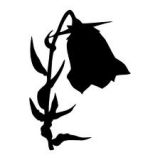
- Tam
- Has the Hang of it
-
- Canon mark iv
- Followers: 4
- Posts: 52
-
Points:
0
- Forum
- General Discussion | Introductions | Off Topic Forum
- Photography General Discussion
- Shooting stars at higher ISO and quicker shutter speeds vs lower ISO and longer shutter speeds?
Latest Reviews
The Fujifilm XT5 is a 40MP mirrorless camera capable of 6.2K video at 30p. With those specs, it’s an ideal choice for photographers needing a camera to pull double duty for imaging and video.
The Canon EOS R100 is an entry-level mirrorless camera introduced in 2023. But just because it’s an entry-level camera doesn’t mean it’s a bare-bones camera. Find out why in this review!
Nikon’s retro-looking Nikon Zfc is anything but retro. Under its classic body is a host of features and amenities that make it a worthwhile compact mirrorless camera for 2024.
The Canon EOS R50 is one of the newest R-system cameras from Canon. Is it worth your money? Find out all the details you need to know in this comprehensive review.
Forum Top Posters
-
1TCav 6 posts
-
2Razky 4 posts
-
3Garbo 4 posts
-
4Jason Stevens 3 posts
-
5Street Shark 3 posts
-
6CharleyL 3 posts
-
7Overread 3 posts
-
8Kenta 3 posts
-
9EOS Man 2 posts
-
10Scotty 2 posts
Latest Articles
Cinematic photography is an interesting genre that combines photographic and videographic skills along with effective storytelling techniques. The result? Highly impactful images!
Newborn photography requires skill, the right gear, and a lot of patience. This beginner’s guide discusses critical topics that will help you be more prepared for before, during, and after the shoot.
To fill the frame means to expand the footprint of the subject in your shot. Get in close, zoom in, crop the image, or use other techniques to bring the subject to the forefront.
With these simple yet effective beginner photography tips, you can avoid some of the common mistakes beginners make and get improved results with your images.
Urban photography is a genre showcasing features in urban settings. You can photograph people, architecture, mass transit, and many other subjects. Learn how to do so in this guide!
The Nikon D850 might be an older DSLR, but it was ahead of its time when it debuted in 2017. That means it still has plenty of firepower to compete with today’s powerful mirrorless cameras.
The best beginner camera isn’t the same for everyone. That means having choice is of the utmost importance. In this guide, explore five excellent beginner camera options for 2024 and beyond.
Child portrait photography is a unique undertaking requiring special skills and talents to get the best results. Start mastering this photography niche with these essential tips!









